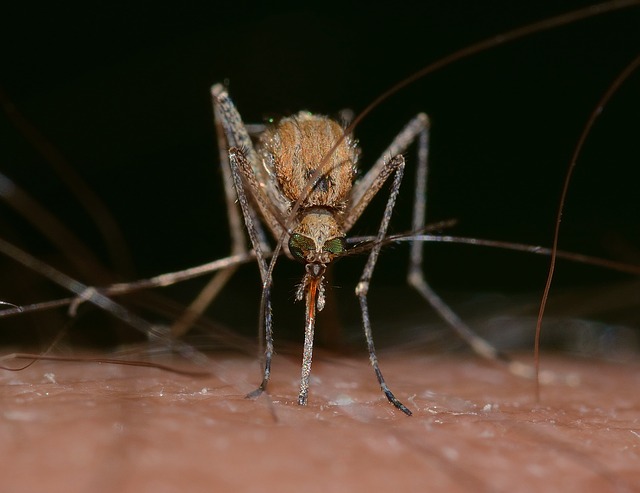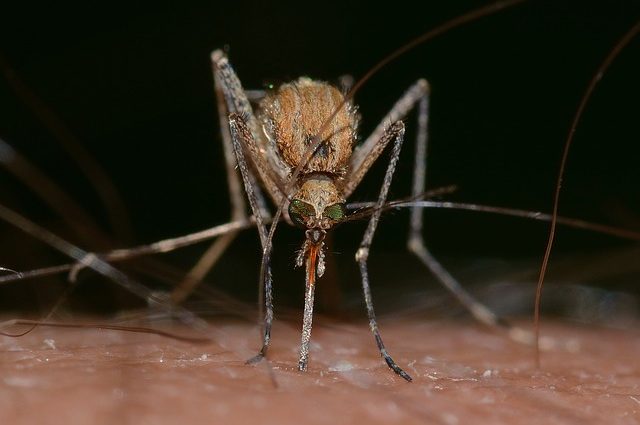The Florida Department of Health in Collier County (DOH-Collier) is reporting a total of four human cases of West Nile virus (WNV) that have been confirmed. There is a heightened concern additional residents will become ill.

This brings the total WNV cases to 40 in the state–Miami-Dade County (26), Palm Beach County (5), Broward County (3), Collier County (4) and one each in Bay and Charlotte counties.
In addition, thirty-four asymptomatic positive blood donors have been reported in 2020: 33 in Miami-Dade County and one in Broward County.
Health officials have also reported WNV in 10 horses, four crows, 11 blue jays, two ibises, one squirrel, 18 mosquito pools, and 228 sentinel chickens have been reported from 26 counties.
WNV is the leading cause of mosquito-borne disease in the continental United States. It is most commonly spread to people by the bite of an infected mosquito. There are no vaccines to prevent or medications to treat WNV infections in people.
Most people infected with West Nile virus do not feel sick. About 1 in 5 people who are infected develop a fever and other symptoms such as headache, pain, and fatigue. People with mild illness typically recover within about a week with symptomatic treatment. Less than one-percent of infected people develop a serious, sometimes fatal, illness. Symptoms typically appear between two and 14 days after the bite of an infected mosquito. People over the age of 60 and individuals with weakened immune systems are at an increased risk for severe disease.
DOH-Collier continues to advise the public to remain diligent in their personal mosquito protection efforts by remembering to “Drain and Cover.”
DRAIN standing water to stop mosquitoes from multiplying.
• Drain water from garbage cans, house gutters, buckets, pool covers, coolers, toys,
flower pots or any other containers where sprinkler or rain water has collected.
• Discard old tires, drums, bottles, cans, pots and pans, broken appliances, and other
items that are not being used.
• Empty and clean birdbaths and pet’s water bowls at least once or twice a week.
• Protect boats and vehicles from rain with tarps that do not accumulate water.
• Maintain swimming pools in good condition and appropriately chlorinated. Empty
plastic swimming pools when not in use.
COVER skin with clothing or repellent.
• Clothing – Wear shoes, socks, long pants, and long-sleeves. This type of
protection may be necessary for people who must work in areas where
mosquitoes are present.
• Repellent – Apply mosquito repellent to bare skin and clothing.
• Always use repellents according to the label. Repellents with DEET,
picaridin, oil of lemon eucalyptus, para-menthane-diol, 2-undecanone, and
IR3535 are effective.
• Use mosquito netting to protect children younger than 2 months old.
COVER doors and windows with screens to keep mosquitoes out of your house.
• Repair broken screening on windows, doors, porches, and patios.





